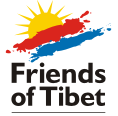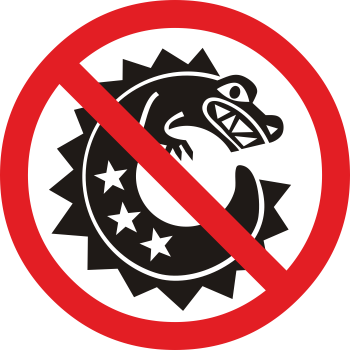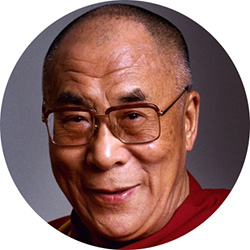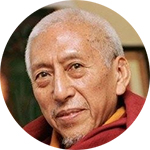| WHY TIBET| WHY BOYCOTT |
HUMAN RIGHTS |
REPORTS |
PHOTOS |
VIDEOS | DONORS |
| TIBET FOUNDATION | TIBET RESEARCH |
SRI AUROBINDO ON TIBET | OSHO ON TIBET |
WORLD TIBET DAY |
⋯
|
Logo developed by Design & People for Friends of Tibet's 'Boycott Made in China' Campaign (2001)
'One-hour technology' products from China started entering Indian households some years ago. Even though the majority of these products did not succeed in the Indian market due to their 'inferior' quality, the Chinese 'invasion' of our market is still continuing. The dumping of Chinese-made fans, locks, watches, bicycles, radios, batteries etc is slowly replacing our own products and has become a threat to the Indian industry. China herself is one of the victims of the counterfeit products they produce; in the year 2001, fake and low-quality medicines produced in China killed about 192,000 people according to a NewsWeek report.
The Indian toy industry has been more or less wiped out due to the dumping of cheap Chinese toys produced mainly by the Chinese Military Industrial Complex of the People's Liberation Army (PLA). In the last few years, many manufacturing units in India have been closed down due to this unparallel competition. While some companies adopted the next best line of action by joining the adversary, many Indian companies have already shifted their production bases from small Indian towns and villages to China. This has resulted in unemployment for scores of workers, pushing them to the brink of starvation. China's steady entry into our textile, food, information-technology, pharmaceutical, automobile and other sectors may result in the collapse of many Indian industries — in both organised and unorganised sectors.
'Made In China' can be classified into three categories:
1. Products Made in Forced Labour Camps
It is also a well-known fact that the ironically named People's Liberation Army (PLA), party leaders and cadres own over 95% of the Chinese economy — directly or through a variety of proxies.
Business is everything! In 1998, the New York police busted a racket of senior Chinese officials involved in the sale of the organs of executed prisoners for transplantation. It is estimated that millions of people work in thousands of forced labour camps across China, which includes a good majority of 'political' prisoners. According to Amnesty International, China tops the world with more than 2,300 executions per year. Most of the executions take place in front of crowds inside sports stadiums or public squares in the most preferred way — 'a bullet to the back of the head,' because it does not contaminate the prisoners' organs with poisonous chemicals, as lethal injections do.
Remember that every time you buy a product 'Made In China,' you are funding and empowering a brutal regime in Beijing. We request you to boycott Chinese goods to save and protect the our industries and also to help end injustice and oppression in Tibet.
Spread the word! Take a pledge that you will not buy, use or sell any product 'Made In China'! ◼
Friends of Tibet, PO Box 16674, Mumbai 400050, India. ⋯
Digital Support: Design & People Foundation + Ibiblio Digital Library & Archive Project, University of North Carolina, USA |







